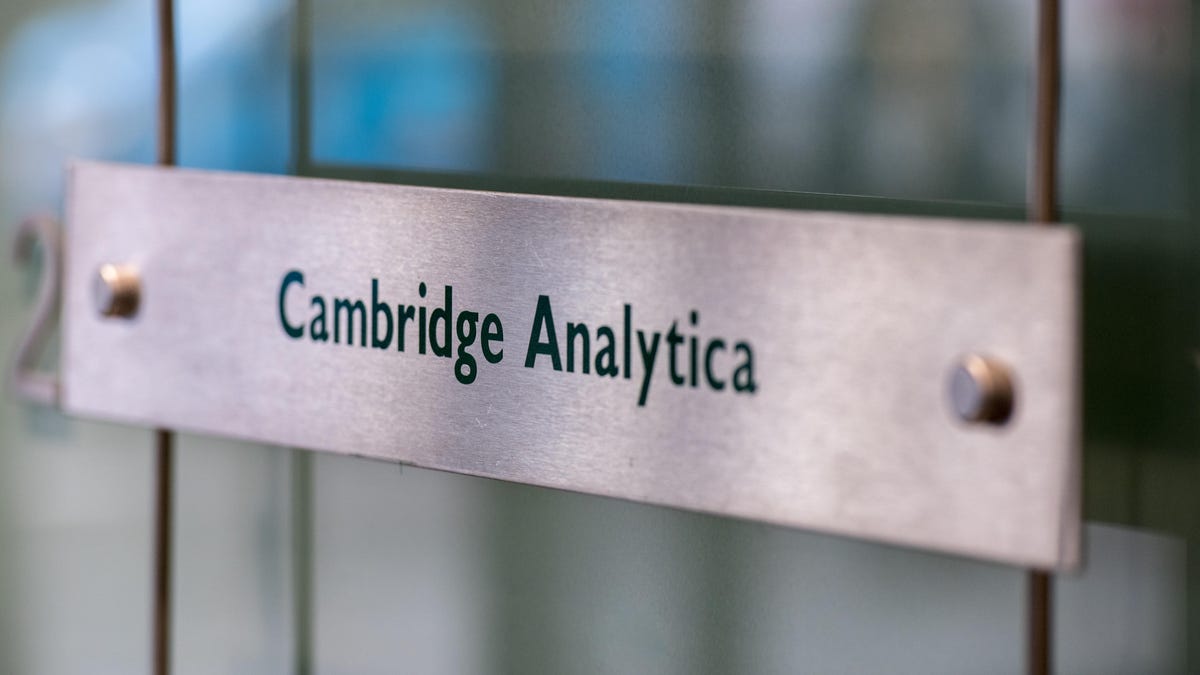Cambridge Analytica reportedly planned a cryptocurrency
Embattled consultancy's digital token was intended to help people store and sell their online personal data, The New York Times reports.

Embattled political consultancy Cambridge Analytica planned to issue its own cryptocurrency before it became linked to a scandal involving the misuse of data belonging to millions of Facebook users, The New York Times reported Tuesday.
Cambridge Analytica's digital token was to help people store and sell their online personal data, The Times reported. The effort was reportedly overseen by Alexander Nix, the company's CEO at the time. Nix was suspended in March after an undercover reporter recorded him bragging about his company's approach to political work in other countries. It's unclear what his current relationship with the company is.
Initial coin offerings (ICOs) are sale of the digital assets central to the cryptocurrency technology. As investor interest in cryptocurrencies has increased in recent months, so has SEC focus on stamping out scams aimed at bilking investors excited by the possibilities of cryptocurrency's financial and technological revolution.
In December, SEC Chairman Jay Clayton warned that cryptocurrencies and ICOs hold substantially less investor protection than traditional securities markets, creating an environment ripe for scams and market manipulation.
It isn't known whether Cambridge Analytica still plans to issue the currency. The company didn't immediately respond to a request for comment.
Cambridge Analytica is at the heart of a scandal that's stirred up two national governments and the world's largest social network. Facebook banned the UK-based political data analysis firm last month, saying it had improperly received as many as 87 million user profiles leaked from its service.
Facebook has said that a Cambridge University lecturer named Aleksandr Kogan collected the data legitimately through a personality quiz app but then violated Facebook's terms by sharing the information with Cambridge Analytica, which was later hired by the Trump campaign during the 2016 US presidential election.
Facebook learned of the data infraction in 2015 but didn't inform the public. Instead, the company demanded that all the parties involved destroy the information. Recent reports say the data hasn't been completely deleted.
Cambridge Analytica has repeatedly said it obtained the data through a legal license with the company that gathered it.
Cambridge Analytica: Everything you need to know about Facebook's data mining scandal.
iHate: CNET looks at how intolerance is taking over the internet.

